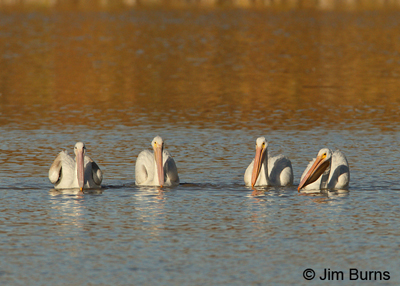
Whenever a novice birder misidentifies or denies the sighting of a rare bird, an unexpected vagrant, the first thing out of an experienced birder’s mouth is “Well, you know the birds don’t read the distribution maps in the field guides.” Back in the day, when this column appeared on the Environmental Page of the Arizona Republic, a disgruntled reader, apparently a non-birder or an inexperienced one, sent me a “shame on you” email for using the word “vagrant” for a misplaced, out of context bird. Unfamiliar with how common the usage of “vagrant” is in the birding world, she thought I was disrespecting the unfortunate members of our own species.
Olympic games, and especially the reporting on them, always toggles my mind to this question of speciation, “us” versus “them,” and the conundrum of whether we see ourselves primarily as patriotic citizens of a specific country or members of a global community who are all in this together. It would seem a little bit of thought would inform us toward the latter, and journalists commenting on the opening and closing Olympic ceremonies wax rhapsodic, which I applaud, about how the Games bring together athletes from diverse countries, cultures, and ethnicities. But then these same journalists keep medal counts by country and unhesitatingly play up historic rivalries. History has shown us it’s not a large leap from patriotism to jingoism. We forget that if there were a field guide to the human species, there would be only one distribution map, the map of our entire “precious blue marble.”
Avian predation is usually, though not without exception, species on species rather than intra-specific, and there are countless examples of members of the same avian species working together for their ultimate goal, survival of their species—migrating geese draft behind a “V” leader and change leaders often; white pelicans form groups to more efficiently “herd” fish; eiders flock up in winter on the Bering Sea to maintain open water in the ice cap; Mexican Jays have one of the most complex social structures of any bird species, maintaining cooperating groups of several families year round. Our species? Sometimes, but really not so much.
We always catch this good vibration for our fellow man every two years with that intra-species celebration known as the Olympics. This year it seems so sharply juxtaposed with the current contentious election cycle in which politicians on the left and right view one another, and Independents (yes, I capitalized it) too, like separate species. In this Olympic year I’m voting an all-Vagrant ticket, and I’m defining “Vagrant” as any politician who ventures outside the boundaries of strictly party context and acts on his conscience and/or on the wishes of his constituents, most of whom just want our country and our globe to be working together. That’s quite a concept. And an evolution of our species I think.
And obviously I’ll be partial to environmental agendas because we’re all riding this blue marble together. Vagrancy should not be a human condition. The new iteration of the ‘60s bumper sticker, “Think globally, act locally,” might be “The love of power can be overcome by the power of love.”